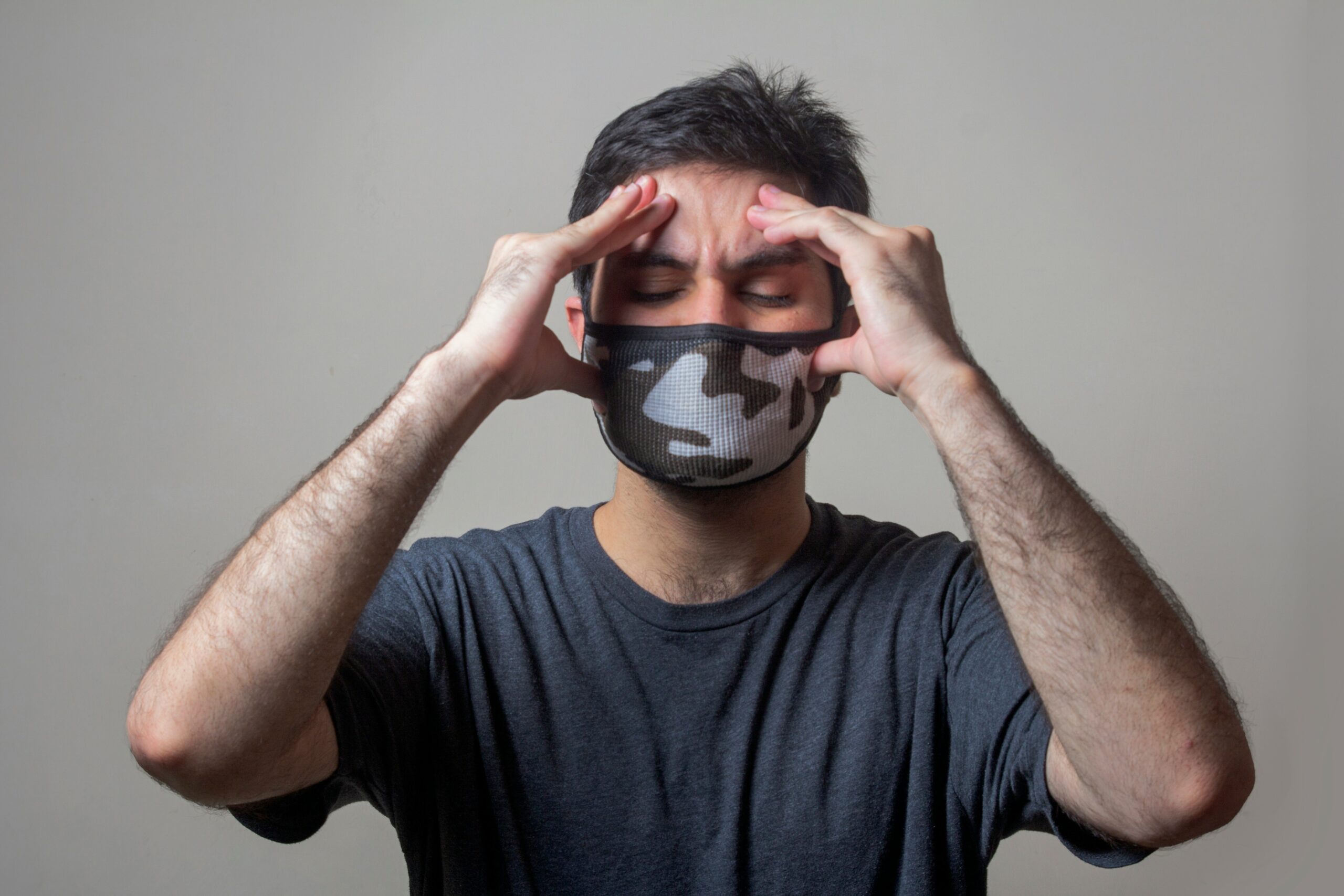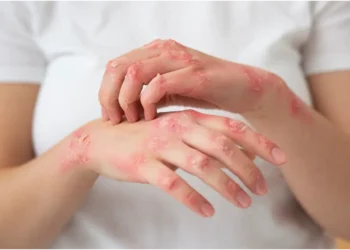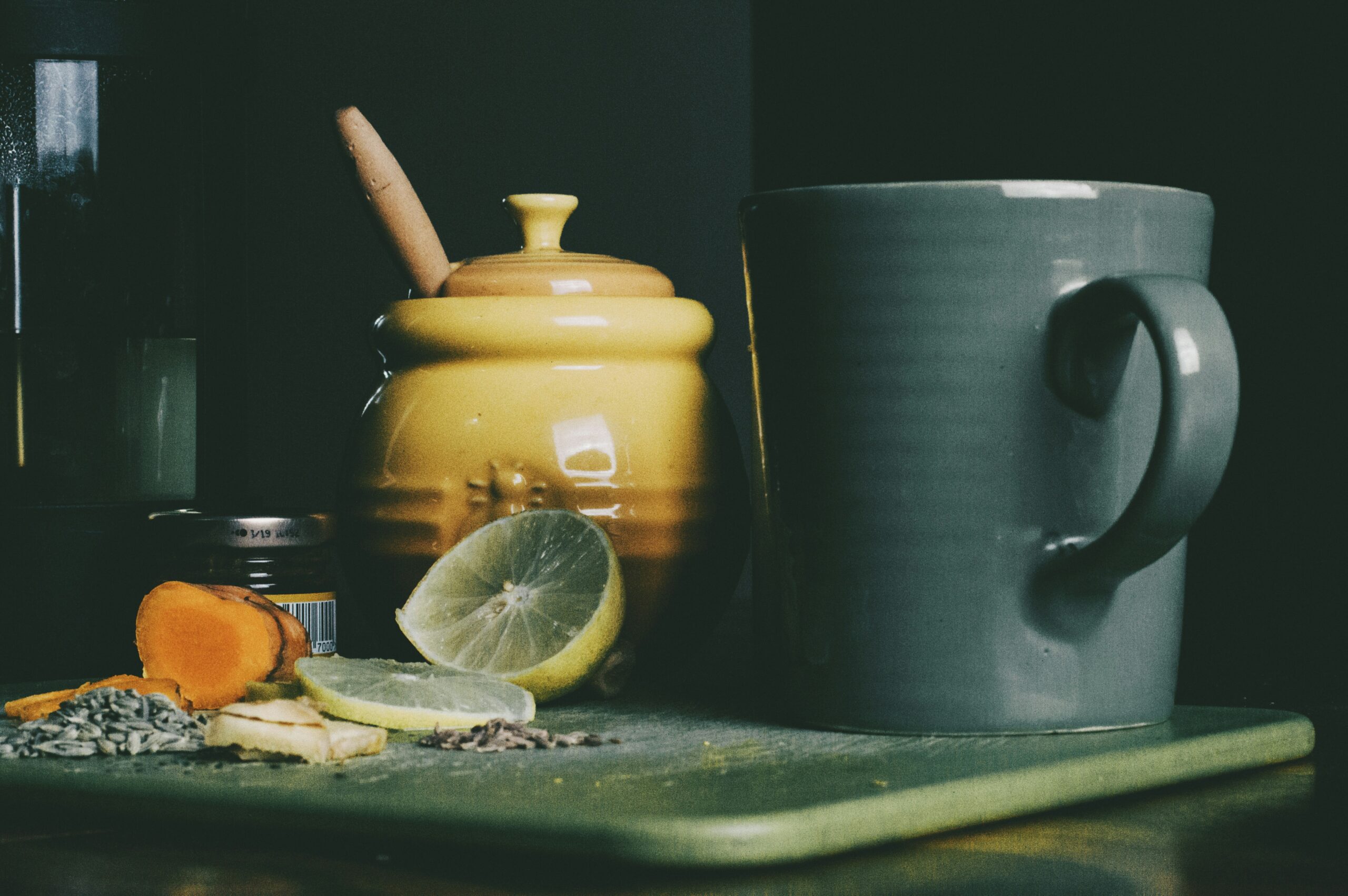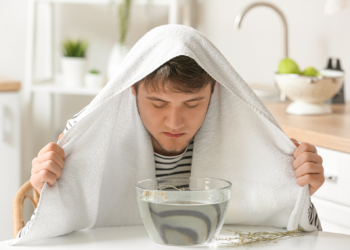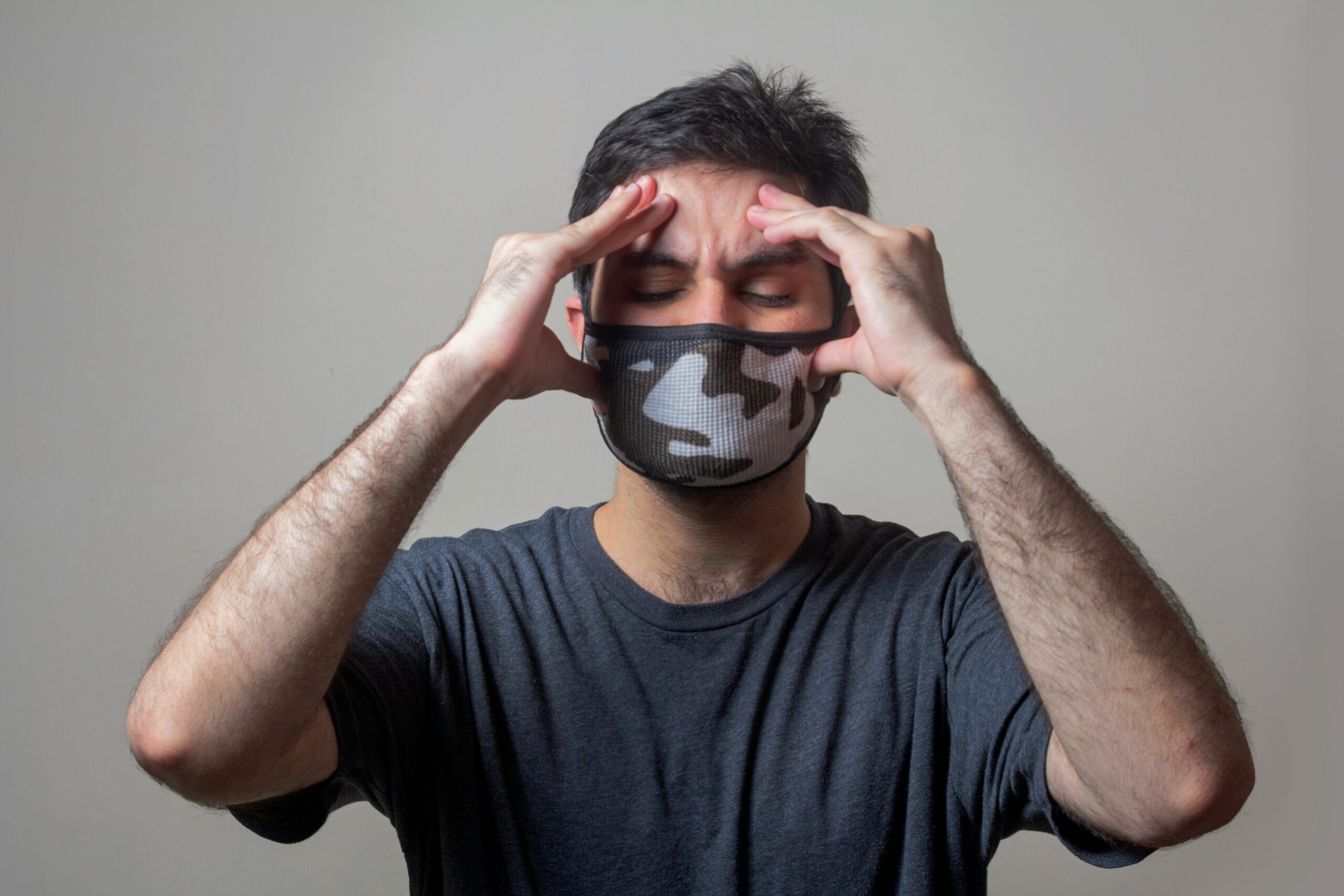
Introduction
Headaches can be a real pain, quite literally. Whether it’s a tension headache, a migraine, or a sinus headache, finding relief is often a top priority. While over-the-counter pain relievers can help, there are also plenty of natural remedies that can provide fast relief. In this article, we will explore 19 simple headache hacks that can help alleviate your pain and get you back to feeling your best.
1. Stay Hydrated
One of the easiest and most effective ways to relieve a headache is to drink more water. Dehydration is a common cause of headaches, so staying hydrated can help prevent them from occurring in the first place. Make sure to drink plenty of water throughout the day, especially if you’re feeling thirsty or have been sweating.
2. Apply a Cold Compress
If you’re experiencing a headache, applying a cold compress to your forehead or the back of your neck can help reduce the pain. The cold temperature can constrict blood vessels and numb the area, providing immediate relief. You can use a cold pack, a bag of frozen peas, or even a washcloth soaked in cold water.
3. Try a Warm Compress
While cold compresses are effective for some people, others find relief with warm compresses. Applying a warm compress to your forehead or the back of your neck can help relax tense muscles and improve blood flow, reducing headache pain. You can use a warm towel, a heating pad, or even a warm water bottle.
4. Remove Pressure
If you wear tight hats, headbands, or glasses, they may be putting pressure on your head and causing or worsening your headache. Try removing these items and see if your headache improves. Loosening your hair or adjusting your glasses can also help relieve the pressure.
5. Explore Lighting Changes
Bright lights and flickering screens can trigger or worsen headaches for some people. If you’re experiencing a headache, try dimming the lights in your environment or taking a break from screens. Creating a calm and dimly lit space can help reduce headache pain and promote relaxation.
6. Sip on Herbal Tea
Herbal teas, such as chamomile or peppermint tea, have been used for centuries to relieve headaches. These teas have natural properties that can help relax muscles, reduce inflammation, and ease tension. Sip on a warm cup of herbal tea and let its soothing effects work their magic.
7. Get Moving with Exercise
Exercise is known to release endorphins, which are natural painkillers. Engaging in physical activity can help reduce headache pain and improve your overall well-being. Try going for a walk, practicing yoga, or doing light aerobic exercises to get your blood flowing and relieve tension.
8. Consider Food Intolerances
Food intolerances can often trigger headaches in some individuals. Common culprits include caffeine, alcohol, chocolate, processed meats, and aged cheeses. Pay attention to your diet and see if there are any specific foods that seem to be associated with your headaches. Limiting or avoiding these trigger foods may provide relief.
9. Prioritize Quality Sleep
A lack of sleep or poor sleep quality can contribute to headaches. Make sure you’re getting enough sleep each night and establish a regular sleep schedule. Create a relaxing bedtime routine, avoid screens before bed, and create a comfortable sleep environment to promote restful sleep and reduce the likelihood of headaches.
10. Explore Acupuncture
Acupuncture is an ancient Chinese practice that involves inserting thin needles into specific points on the body. It is believed to help balance the flow of energy and relieve pain. Many people find acupuncture to be an effective treatment for headaches. Consult with a licensed acupuncturist to see if this option is right for you.
11. Try Self-Massage
Massaging certain areas of your body can help relieve headache pain. Focus on massaging your temples, the base of your skull, and your neck. Apply gentle pressure and circular motions to help release tension and promote relaxation. You can also use essential oils, such as lavender or peppermint, to enhance the massage experience.
12. Practice Relaxation Techniques
Stress and tension are common triggers for headaches. Learning relaxation techniques can help you manage stress and reduce the frequency and intensity of your headaches. Try deep breathing exercises, meditation, progressive muscle relaxation, or guided imagery to promote relaxation and relieve headache pain.
13. Consider Caffeine
While excessive caffeine intake can cause headaches, consuming a small amount of caffeine can actually help relieve them. Caffeine constricts blood vessels and can enhance the effectiveness of pain relievers. However, it’s important to consume caffeine in moderation and avoid excessive amounts, as it can lead to dependency and withdrawal headaches.
14. Harness the Power of Essential Oils
Essential oils have been used for centuries to promote relaxation and relieve pain. Peppermint oil, lavender oil, and eucalyptus oil are known for their headache-relieving properties. You can apply these oils topically, inhale them, or use them in a diffuser to enjoy their therapeutic benefits.
15. Consider Magnesium Supplements
Magnesium is an essential mineral that plays a role in various bodily functions, including the regulation of neurotransmitters and blood flow. Some studies suggest that magnesium supplements may help reduce the frequency and intensity of headaches, especially migraines. Consult with your healthcare provider to determine the appropriate dosage for you.
16. Explore Vitamin B Supplements
Vitamin B, particularly vitamin B2 (riboflavin), has been shown to have a positive impact on headache frequency and intensity. Incorporating foods rich in vitamin B, such as leafy greens, eggs, and dairy products, or taking vitamin B supplements, may help reduce the occurrence of headaches.
17. Consider Vitamin E Supplements
Vitamin E is an antioxidant that can help reduce inflammation and oxidative stress in the body. Some studies suggest that vitamin E supplements may help prevent and treat headaches, particularly migraines. Talk to your healthcare provider to determine if vitamin E supplementation is right for you.
18. Limit Alcohol Consumption
Alcohol can trigger headaches in some individuals, especially if consumed in excess. It can cause dehydration, dilate blood vessels, and disrupt sleep patterns, all of which can contribute to headaches. Limiting your alcohol consumption or avoiding it altogether may help prevent headaches.
19. Avoid Chemical Triggers
Chemicals found in certain products, such as perfumes, cleaning agents, and air fresheners, can trigger headaches in sensitive individuals. Pay attention to your environment and try to identify any potential chemical triggers. Opt for natural and fragrance-free products to minimize your exposure to these triggers.
Summary
When it comes to relieving headaches, natural remedies can be a game-changer. From staying hydrated and applying compresses to exploring relaxation techniques and avoiding trigger foods, there are plenty of options to choose from. Experiment with different remedies and find what works best for you. Remember to consult with a healthcare professional if you experience chronic or severe headaches to rule out any underlying conditions.

